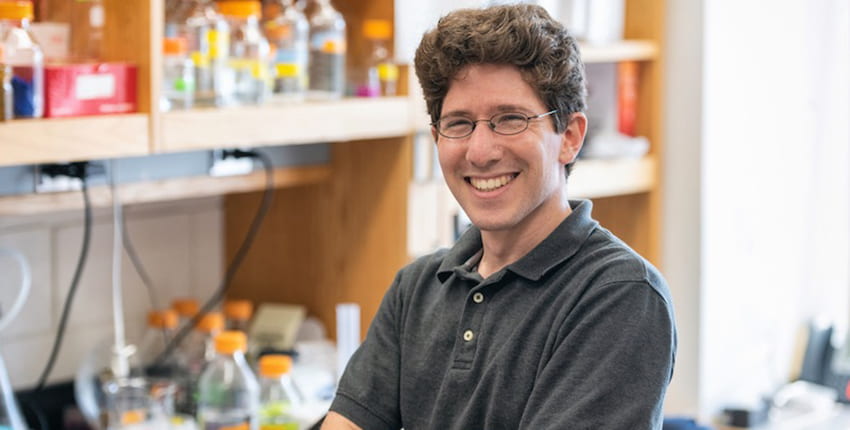Welcome to the Greer lab
The Greer lab is interested in how non-genetic information, termed epigenetics, regulates complex physiological and pathological phenotypes across generations.
The rapidly expanding field of epigenetics describes how gene expression changes occur without changes to the DNA sequence. Proteins, RNA molecules, or chemical modifications to histones or DNA can induce these epigenetic changes. Epigenetic information regulates an increasing number of complex phenotypes, such as physical appearance, energy metabolism, psychological state, and longevity. How this epigenetic information is regulated, how it instructs biological outcomes, and how this epigenetic information can be passed from generation to generation remain unknown.
Understanding the molecular determinants of stable epigenetic memory will provide insight into how environmental changes can affect the health and lifespan of not only the individual who experiences them, but also of their progeny. A central goal of our lab is to identify epigenetic inheritance phenotypes and elucidate the mechanisms behind their transmission across generations. We also aim to understand how dysregulation of epigenetic mechanisms cause developmental defects and diseases.
Join us…
Are you interested in learning with us?
Learn more about openings in our lab:

Principal Investigator
Eric Greer, PhD
Eric Greer obtained his BA in Biochemistry from CWRU in 2004 and his PhD in Cancer Biology from Stanford in 2010 for work done in the lab of Anne Brunet, PhD. During his graduate work he did some of the first work to identify the molecular basis for how dietary restriction, a reduction in nutrients without starvation, can extend lifespan. He also demonstrated that chromatin modifications, particular histone H3 lysine 4 trimethylation, could regulate lifespan in C. elegans. Greer did postdoctoral training in Dr. Yang Shi’s lab at Harvard Medical School. As a post-doc Eric found that members of the H3K4 trimethylation complex he had identified as a graduate student that regulated lifespan, not only regulated longevity in the parental generation, but also in a transgenerational manner for 3 additional generations. This work demonstrated for the first time that longevity can be inherited epigenetically in a transgenerational manner. During his post-doc Eric began to decipher how non-genetic information is transmitted from ancestors to their descendants. In this search he identified a novel form of DNA modification, methylation on adenines, in metazoan that might be responsible for stable transgenerational epigenetic inheritance.
Greer started his lab in 2014 as an Assistant Professor of Pediatrics at Harvard Medical School and Boston Children’s Hospital before joining Washington University in St. Louis in 2023. Dr. Greer has received a number of prestigious awards to pursue this work including an NIH New Innovator Award and the Presidential Early Career Award for Scientists and Engineers.
With generous support…
We are grateful for funding from the following organizations:
NIH/National Institute on Aging
NIH/National Human Genome Research Institute
American Federation for Aging Research
NIH/National Institute of Allergy and Infectious Diseases